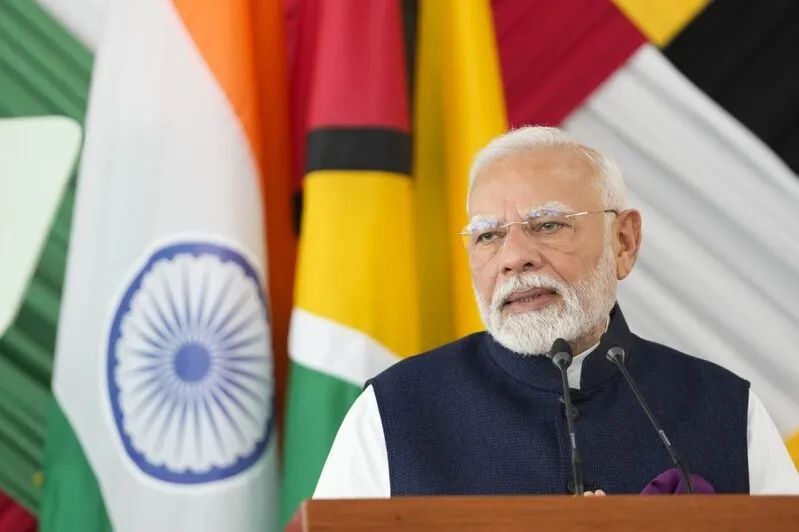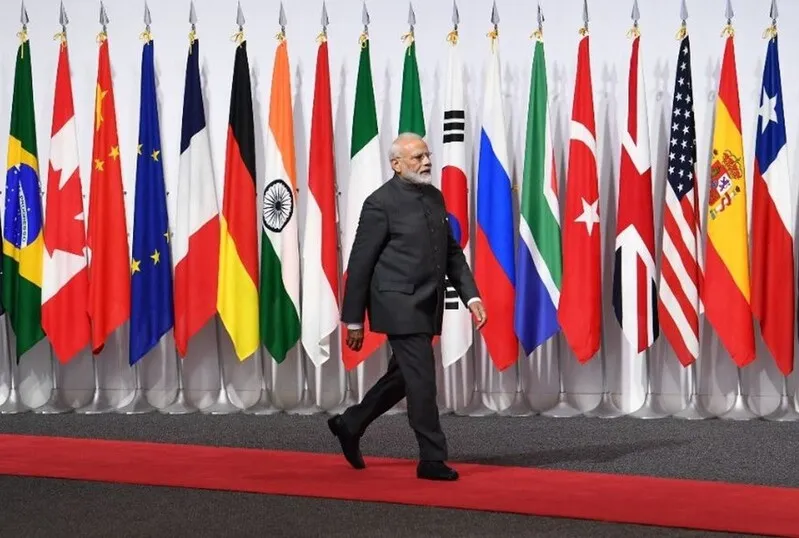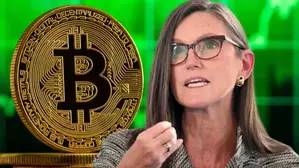India reaffirmed on Thursday that they do not align with the BRICS de-dollarization agenda and will not ditch the US dollar for trade and cross-border transactions. The statement comes just a few days after the 17th summit in Brazil, where member nations discussed the future prospects.
External Affairs Minister of India, Randhir Jaiswal, confirmed that BRICS member nations discussed settling trade payments in local currencies. However, he stated that there were no talks about the formation of a new BRICS common currency. “De-dollarization is not something which is on the agenda,” he said, assuring that India does not align with BRICS ideology.
“Cross-border payments, yes. BRICS have talked about local currencies, but de-dollarization is not something that is there on the agenda,” he said. The remarks come after many developing countries are discussing advancing the de-dollarization initiative.
Also Read: The Mighty BRICS Folds Under Pressure
India Sides With the US on BRICS De-Dollarization Issue

Jaiswal revealed that India is not fully onboard with the US dollar either and plans to explore cross-border rupee usage. India wants to dim the lights on de-dollarization and BRICS currency by promoting the rupee on the international stage. However, the development is at its nascent stage and has a lot of parameters to go through before going live.
The Minister claimed that the BRICS summit was successful as India’s Modi led the talks and refrained from using de-dollarization. “We had a highly successful BRICS summit. In the joint statement, there are several aspects that have been fleshed out that is there on the agenda,” he said.
Also Read: China Settles $855 Billion Worth of Deals With BRICS Countries in 2025
BRICS member India has time and again refrained from the de-dollarization agenda since Trump took office in January. The country hosts the IT sector jobs outsourced from the US, and its economy banks on it. The jobs fund the housing sector, including many other businesses, thriving in the country. India, without the IT sector, is mostly an unemployed country, and the Modi-led government does not want to risk it.






